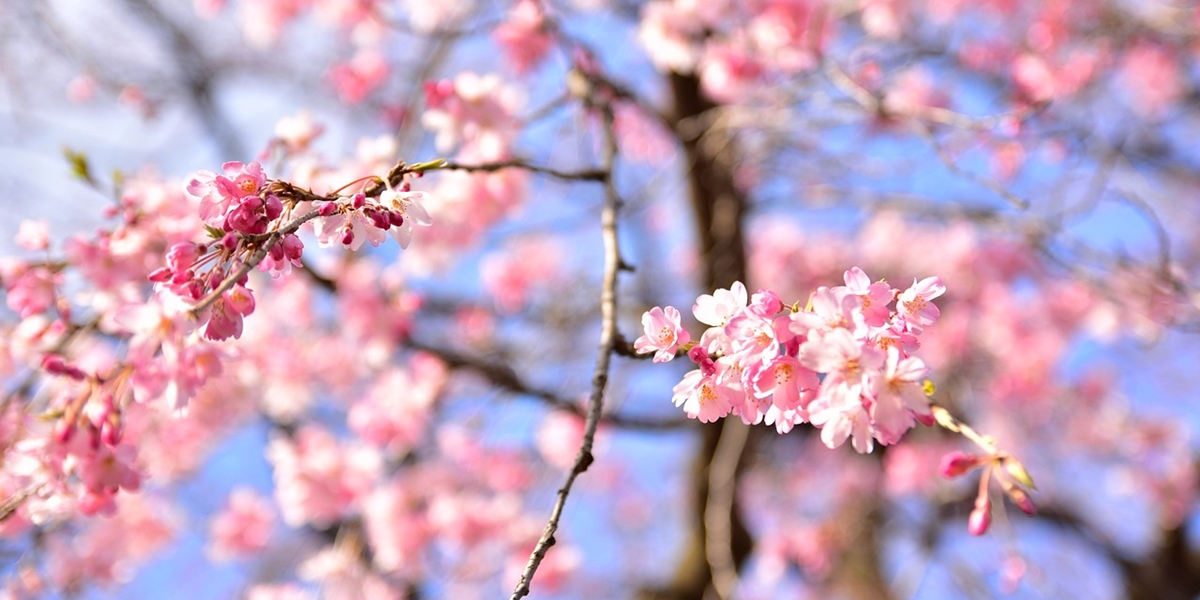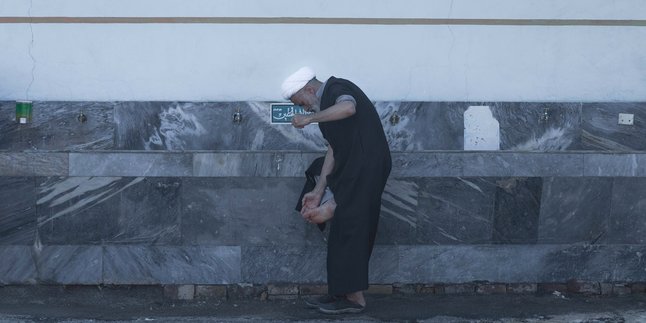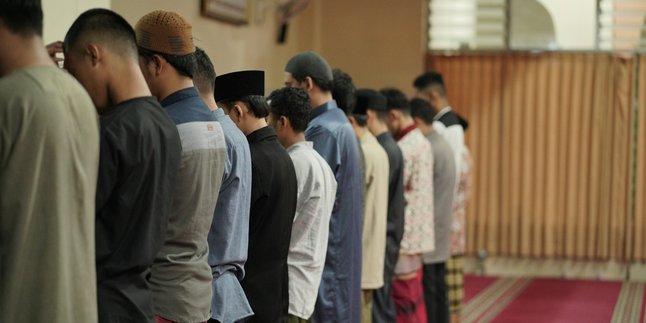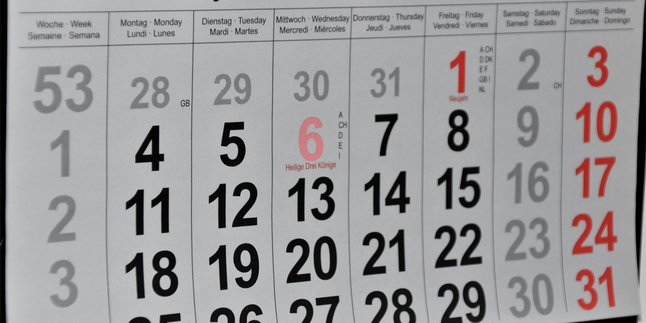Kapanlagi.com - In Japanese, the meaning of kirei has rich and varied meanings, reflecting the beauty and cleanliness that are important parts of Japanese culture. It can be translated as "beautiful," "pretty," or "clean," depending on the context of its usage.
Whether in daily conversations or in formal contexts, kirei in Japanese is often used to express appreciation for aesthetics and orderliness. And this article will explain in depth the meaning of kirei in Japanese, complete with examples.
So, for those of you who want to understand the meaning of kirei in Japanese, here is an explanation, examples, and other words with similar meanings.
1. Meaning of Kirei in Japanese
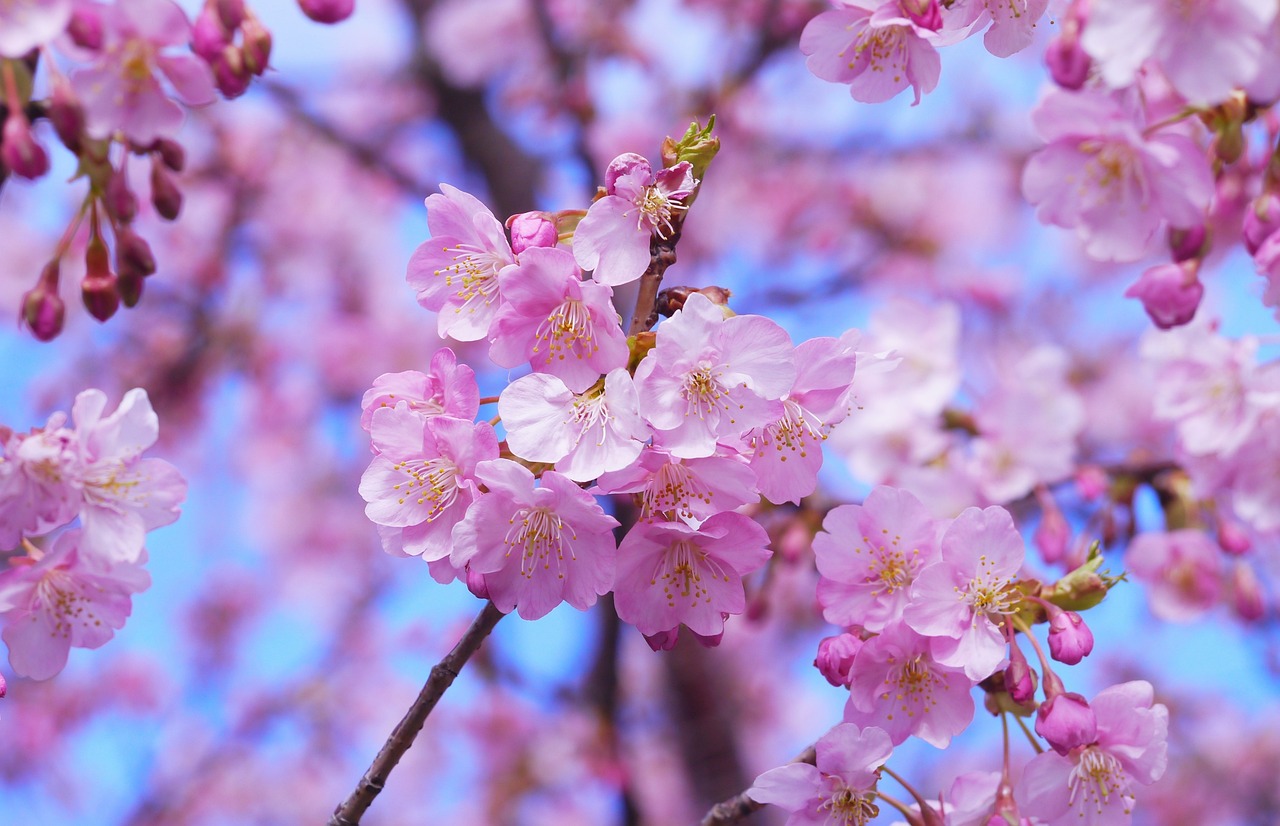
Illustration (credit: pixabay.com)
The meaning of kirei in Japanese has several meanings depending on the context. The meaning of kirei in Japanese can be beautiful and pretty when used to describe someone's appearance or a scenery. Additionally, the meaning of kirei in Japanese can be clean or tidy when used to describe cleanliness.
This word can be used in various contexts to describe something aesthetic or neat. The meaning of kirei in Japanese is a versatile adjective in the Japanese language. To further understand the meaning of kirei in Japanese, KLovers can look at the context and examples of the meaning of kirei in Japanese.
Therefore, here is a clearer and more complete explanation of the meaning of kirei in Japanese along with its examples:
1. Beautiful or Pretty
Used to describe someone's appearance, especially women, or something that pleases the eye like scenery, artworks, and other objects that have aesthetics.
Example:
- "Kanojo wa kirei desu" - She (woman) is beautiful.
- "Kono hana wa kirei desu" - This flower is beautiful.
2. Clean or Tidy
Used to describe the cleanliness of a place, object, or condition. This includes not only physical cleanliness but also orderliness and neatness.
Example:
"Heya wa kirei desu" - The room is clean.
"Tsukue wa kirei ni shite kudasai" - Please tidy up the desk.
Usage Nuances
1.Positive Usage
The meaning of kirei in Japanese is always used in a positive context, whether it is to praise someone's beauty or appreciate the cleanliness of a place.
2.Formal and Informal
The meaning of kirei in Japanese can be used in both formal and informal situations. The use of emphasizing particles like "desu" can add a level of politeness in formal contexts.
3.Variations in Form
The adjective kirei in Japanese can change its form in a sentence depending on the context of Japanese grammar. For example, "kirei ni suru" means "to make clean" or "to clean."
Characteristics and Usage
1.Kanji and Hiragana Form
The word kirei in Japanese is usually written in hiragana. However, in kanji it can also be written, although the hiragana form is more commonly used in everyday conversation.
Positive Connotation:
The meaning of kirei in Japanese always has a positive connotation, both when referring to aesthetics and cleanliness.
Politeness
Adding "desu" after kirei makes it more polite, suitable for formal situations.
Grammar Variations:
This adjective can be changed according to the needs of the sentence. For example, "kirei ni suru" means to clean or tidy.
2. Other Expressions Besides Kirei
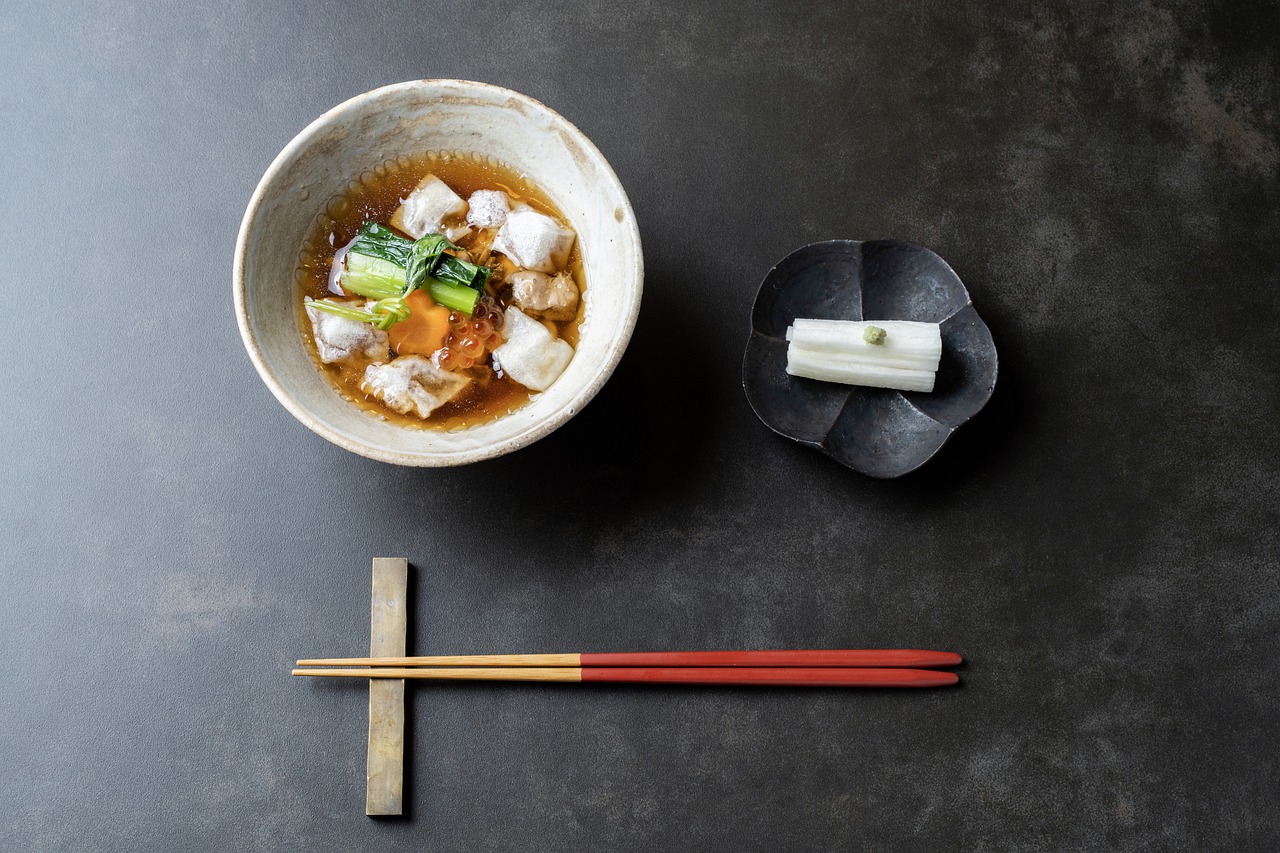
Illustration (credit: pixabay.com)
The meaning of kirei in Japanese is beautiful and clean. However, besides kirei, there are other expressions that you can use in Japanese. With these various expressions, KLovers can describe various aspects of beauty, cleanliness, and quality in Japanese according to the desired context and nuance. Here are some examples:
1. Expressions about Beauty
Utsukushii - Beautiful, pretty
Example: "Kanojo wa hontou ni utsukushii desu" - She (woman) is truly beautiful.
Miryokuteki - Attractive, fascinating
Example: "Kare wa miryokuteki na hito desu" - He (man) is an attractive person.
Suteki - Extraordinary, beautiful
Example: "Suteki na doresu desu ne" - What an extraordinary dress.
Hanayaka - Colorful, bright, fascinating
Example: "Hanayaka na paatii deshita" - It was a bright and lively party.
2. Expressions about Cleanliness and Neatness
Seiketsu - Clean, hygienic
Example: "Kono hoteru wa totemo seiketsu desu" - This hotel is very clean.
Seizen - Orderly, tidy
Example: "Heya wa seizen to shiteimasu" - This room is tidy.
Sawayaka - Fresh, clean, refreshing
Example: "Sawayaka na asa desu" - It's a fresh morning.
3. Expressions about Quality and Positivity
Rippa - Amazing, great, extraordinary
Example: "Kare wa rippa na shigoto o shimashita" - He did an amazing job.
Sugureta - Excellent, outstanding
Example: "Kanojo wa sugureta pianisuto desu" - She is an excellent pianist.
Kaiteki - Comfortable
Example: "Kono heya wa totemo kaiteki desu" - This room is very comfortable.
4. Expressions about the Beauty of Nature and Scenery
Soudai - Majestic, grand
Example: "Soudai na yamayama no keshiki" - Majestic mountain scenery.
5.Sougou - Majestic, solemn
Example: "Sougou na jiin" - Majestic temple.
6.Uruwashii - Beautiful, graceful
Example: "Uruwashii shizen" - Graceful nature.
That's the explanation of the meaning of kirei in Japanese that KLovers can know. By understanding the meaning of kirei in Japanese, KLovers can appreciate the beauty and cleanliness in Japanese culture.
(kpl/dhm)
Disclaimer: This translation from Bahasa Indonesia to English has been generated by Artificial Intelligence.
